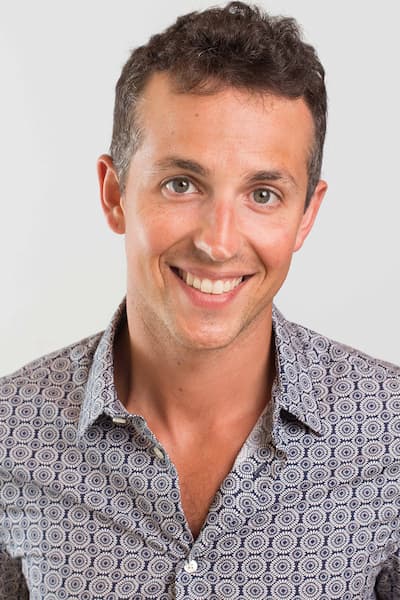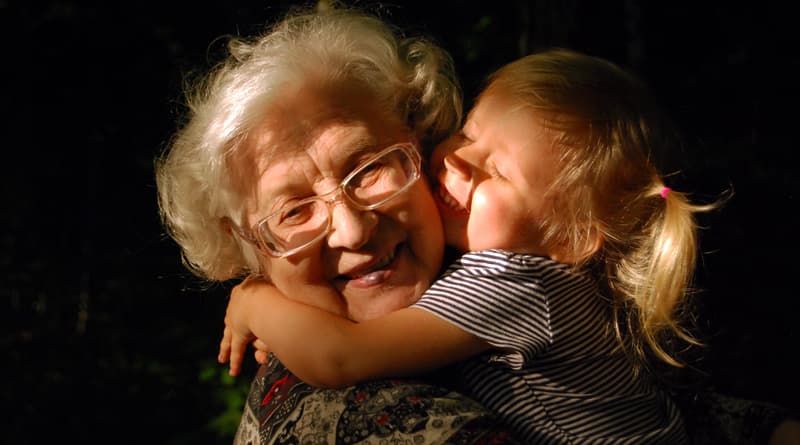
Moment of Truth: Transitioning Into Adulthood
By Daniel Koffler
My Moment of Truth
I vividly remember my own “moment of truth”, when I was unceremoniously welcomed to adulthood. It was during my first year out of college, and I was living at home/with my parents. My father had set up a credit card for me when I was in college (which had a pre-determined and manageable limit, and which he paid in full each month) as a way to both provide me some access to money to live, and so that I could begin to build up a credit profile while doing so.
He’s a savvy guy, always has been!
This particular day, I was getting ready to start my day (he was already back from the gym, dressed and ready to go to work, and had probably read two newspapers and a chapter of whatever book he was in the middle of and likely researched next steps of the current 14 personal and professional projects he was focusing on—habits which I would proudly pick up later on!) and he hands me a few pieces of paper. I unfold them and recognize them to be my credit card statement from the previous month.
It was on the higher end of the normal range.
I look at him, then back at the papers, then him again and say something to the effect of “these are for you?” while beginning to pass them back to him. He gently shakes his head and clarifies that, no, these are no longer his responsibility—that I am not the proud new owner of my own monthly spending consequences! Mind you, there was zero conversation about this transfer of authority (or step towards independence, as I’ve now come to call it)—and there was also nothing I could do about it.
The adhesive holding together my subconscious attempts to avoid adulthood has been brutally torn off. I was exposed, and really had no choice except to swallow hard and put one foot in front of the other. But first I had to pay the bill (literally and figuratively)!
Managing My Transition to Adulthood
Now, I had the tools and supports necessary to make this transition (and/or made some up as I went), but that doesn’t mean it wasn’t painful. They still needed to be molded and sharpened to be used properly and efficiently.
Practice makes perfect. Time + Pressure = Diamonds. 10,000 hours. Repetition.
Choose your metaphor, it all boils down to the same reality: there are no short cuts, and while many of us are able to navigate the ups and downs that compose life’s journey (not without bumps and bruises along the way, but at least enough to live (and learn from) another day), there are still MANY more who have the same hopes and dreams but don’t have the tools, or the guidance, and don’t know where to turn to find either.
It’s a funny thing about the world we live in today. More access to information to information and opportunities than ever before, tucked within a seemingly unlimited buffet of distractions and productivity dead ends than society can digest/work around if we (collectively) had infinite time to do it in. It’s only getting harder to locate the signal in the noise, and I think one of the biggest issues out there is the different experiences people have based on their age/location/station in life/(fill in the blank for different/complicated life circumstances). (The COVID-19 pandemic has provided a very relevant case study of this on multiple levels)
That said, it’s not evenly distributed, and it’s not necessarily something that a casual observer can identify at the surface level. These circumstances are excellent ingredients for a nuanced problem-solving approach.
This is a wonderful segue to the very important question of WHY did we get into this work in the first place?!
I’m glad you asked.
Explaining the “Hows”
We embarked on this journey in a (so far successful!) attempt to solve what we view as a problem effecting society at large (but certain pockets in particular):
The transition(s) to (and through) adulthood is for many people the most significant shift in expectations, required skills and self-advocacy up to that point in time—and from that moment on, the reality of that shift (that life is a constant stream of new (and potentially confusing/usually not well explained) experiences and challenges) becomes THE reality. SOCIETY AT LARGE DOESN’T DO ENOUGH TO PREPARE US FOR WHAT’S TO COME (and leaves particular segments of society in a significantly disadvantaged position as a result).
So, we felt that someone has to do something about it. In our view (and our many experiences only help to underscore this), it’s rarely an issue of talent, or capability, or even a desire to unlock these things.
It’s often simply about HOW.
HOW do I do this? HOW do I accomplish this? HOW do I even begin this??
There is a saying: IF is the biggest word in the dictionary. I subscribe to that!!
‘How’ is not much farther behind. But it doesn’t HAVE to be as amorphous as it may seem. Not anymore at least.
At New Frontiers, we provide individualized (and in some cases, group settings) executive functioning/academic coaching and transition support across the lifespan, and also provide professional development to teachers/professors/support staff as well as employers. Our work revolves around helping individuals develop foundational and specific-to-the-individual skills and strategies necessary to navigate the vagaries of life (be they focused on academic, career, or day-to-day success—as they define success), and is delivered via a coaching model, through the lens of executive functioning skills development. The work is applied to all shapes and sizes of unconventional learners and individuals. We deliver our supports in-person and virtually, as preferred by our clients.
Making the Future Brighter
If you’re a fan of the absolute classic “A Bronx Tale” (as I am…and if you aren’t I highly encourage you to take the time to watch it in full), you’ll recall the timeless quote by Sonny (the neighborhood boss) in one of his many informal coaching sessions with, Calogero (aka “C”), the local kid he’d taken under his wing: “The saddest thing in life is wasted talent, and the choices that you make will shape your life forever.” (worth noting, this same advice had been offered to C by his father, but sometimes it takes a trusted 3rd party for such things to really penetrate a developing mind).
We think of our work as success insurance. We take people innate talents, and help them realize them. It’s up to each individual to decide if they want to do the work in order to achieve success and unlock their talent and potential.
As they say when it comes to raising a family, it takes a village. Society is basically our VERY extended family, and those of us with the ability to support others have an obligation to do so for EVERYONE’S benefit. We’re just one group of people doing our small part to make the future a little bit brighter.

Daniel Koffler, BS is President of New Frontiers (www.nfil.net), an executive functioning coaching organization. NF provides academic, social, transitional and career supports to clients with a range of abilities and interests, allowing them to maximize their potential and become the most successful, independent, self-advocating members of society they can be. Originally working in his family’s special education business, Daniel founded New Frontiers, in response to a recurring pattern of young people of different abilities transitioning to post high-school life experiences without being fully prepared. Clients range from elementary-school aged through seasoned adults looking to push themselves to be the most optimized version of themselves and increase their independence. Daniel is a member of Young Presidents Organization and holds a BS in Business Administration with a concentration in Marketing from George Washington University. Personally, he is married with three children, including a set of twins.




